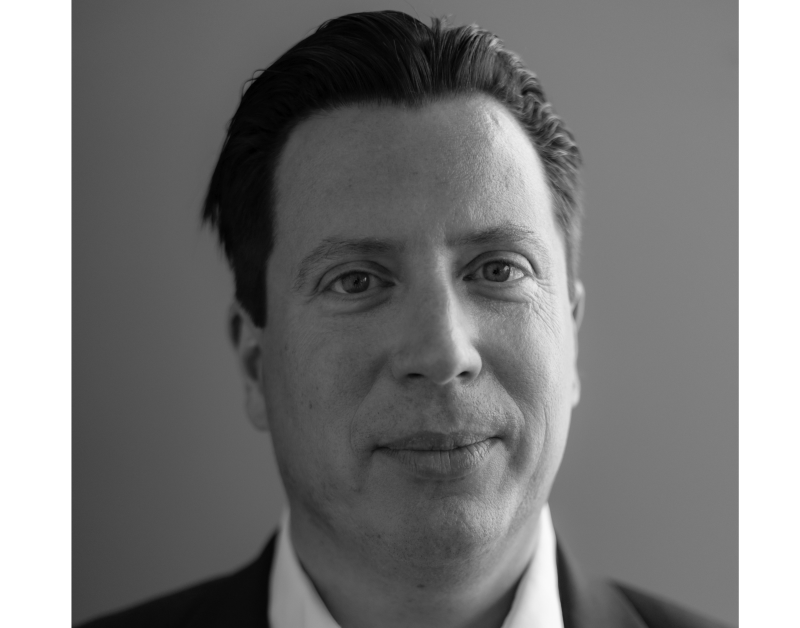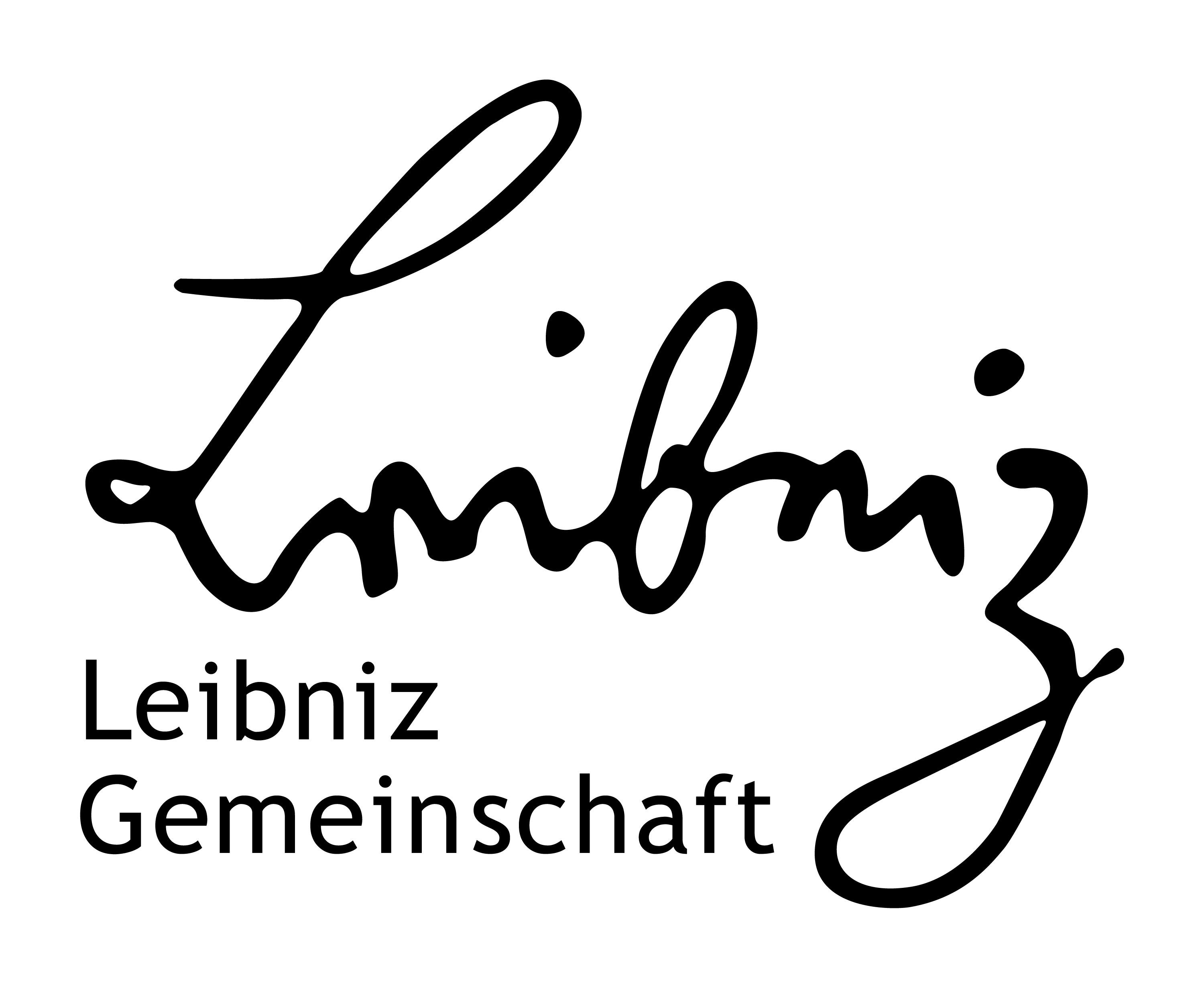
1974
Arbeitsgruppenleiter, Leibniz-Institut für Resilienzforschung, Mainz
Professor für Physiologie, Direktor Institut für Physiologie I, Universitätsklinikum Münster (UKM)
Ph.D. studies, Member of Graduate school "Damage cascades in neurological disorders - studies with imaging techniques" at Charité University Medicine Berlin, Germany
Studies in Biophysics at the Humboldt University Berlin, degree Dipl. Biophys.
Studies in Biology at the Free University Berlin, Germany
Dr. rer. nat., Experimental Biophysics, summa cum laude, Humboldt University Berlin, Germany (supervisors: C. Zimmer, U. Dirnagl, Charité University Medicine, Berlin, Germany)
Diploma in Biophysics, sehr gut, Humboldt University Berlin, Germany
Research Group Leader and Head of the Mainz Animal Imaging Center (MAIC) at the Leibniz Institute for Resilience Research (LIR), Mainz, Germany
Tenured Associate Professor (W2) of Molecular Imaging and Optogenetics, Institute of Pathophysiology, University Medical Center of the Johannes Gutenberg University Mainz, Germany
Assistant Professor (W1) of Molecular Imaging and Optogenetics, Institute of Microscopic Anatomy and Neurobiology, University Medical Center of the Johannes Gutenberg University Mainz, Germany
Head of Mainz Animal Imaging Center (MAIC), DRZ, Mainz
Postdoctoral Scholar at the Institute of Neuroscience, Technical University Munich, Germany, with Arthur Konnerth
Postdoctoral Scholar at the Department of Bioengineering, Stanford University, CA, USA, with Karl Deisseroth
Editor, Neuromethods volume 133, SpringerNature Optogenetics: A Roadmap. Neuromethods volume 133
Funding for 9.4 T small animal MRI, DFG Major Research Instrumentation Programme,
2 M EUR
Funding for 2 two-photon microscopes with optogenetics integration, DFG Major Research Instrumentation Programme,
1.54 M EUR
Certificate of Merit for contribution: “Rat fMRI at 17.6 T upon implantation of an optical fiber”, ESMRMB 2009
Kurt-Decker-Award, Annual national award for exceptional research assigned by the German Society for Neuroradiology (DGNR)
Young Investigators Award for exceptional research in life sciences and medicine assigned by the Roland-Ernst-Foundation, Leipzig, Germany
Herr Professor Dr. Albrecht Stroh ist seit 2012 Professor für Molekulares Imaging und Optogenetik an der Universitätsmedizin Mainz und seit 2020 Arbeitsgruppenleiter am Leibniz-Institut für Resilienzforschung. Er hat seit 2018 keine persönlichen Honorare für Beratertätigkeiten, Fortbildungsveranstaltungen, Vorträge oder Stellungnahmen von pharmazeutischen Unternehmen oder Medizinprodukteherstellern erhalten. Von der gemeinnützigen Boehringer Ingelheim Stiftung erhielt er gemeinsam mit anderen Wissenschaftlerinnen und Wissenschaftlern Forschungsmittel für die Jahre 2017-2020 zum Aufbau des Leibniz-Instituts für Resilienzforschung sowie 2019 weitere Mittel zum Thema Radiomodulation der Institution Zap Surgical NC, USA.
Zaer H, Fan W, Orlowski D, Glud AN, Jensen MB, Worm ES, Lukacova S, Mikkelsen TW, Fitting LM, Jacobsen LM, Portmann T, Hsieh JY, Noel C, Weidlich G, Chung W, Riley P, Jenkins C, Adler JR Jr, Schneider MB, Sørensen JCH, Stroh A (2022) Non-ablative doses of focal ionizing radiation alters function of central neural circuits. Brain Stimul. 15(3):586–97. doi:10.1016/j.brs.2022.04.001
>> Link zu PubmedFu T, Arnoux I, Döring J, Backhaus H, Watari H, Stasevicius I, Fan W, Stroh A (2021) Exploring 2-P optogenetics beyond 1100 nm for specific and effective all-optical physiology. iScience. 24(3):102184. doi:10.1016/j.isci.2021.102184
>> Link zu PubmedMeyer B, Mann C, Götz M, Gerlicher A, Saase V, Yuen KSL, Aedo-Jury F, Gonzalez-Escamilla G, Stroh A, Kalisch R (2019) Increased neural activity in mesostriatal regions after prefrontal transcranial direct current stimulation and l-DOPA administration. J Neurosci. 39(27):5326–35. doi:10.1523/JNEUROSCI.3128-18.2019
>> Link zu PubmedArnoux I, Willam M, Griesche N, Krummeich J, Watari H, Offermann N, Weber S, Narayan Dey P, Chen C, Monteiro O, Buettner S, Meyer K, Bano D, Radyushkin K, Langston R, Lambert JJ, Wanker E, Methner A, Krauss S, Schweiger S, Stroh A (2018) Metformin reverses early cortical network dysfunction and behavior changes in Huntington's disease. eLife. 7:e38744. doi:10.7554/eLife.38744
>> Link zu PubmedEllwardt E, Pramanik G, Luchtman D, Novkovic T, Jubal ER, Vogt J, Arnoux I, Vogelaar CF, Mandal S, Schmalz M, Barger Z, Ruiz de Azua I, Kuhlmann T, Lutz B, Mittmann T, Bittner S, Zipp F, Stroh A (2018) Maladaptive cortical hyperactivity upon recovery from experimental autoimmune encephalomyelitis. Nat Neurosci. 21(10):1392–403. doi:10.1038/s41593-018-0221-8
>> Link zu PubmedSchmid F, Wachsmuth L, Albers F, Schwalm M, Stroh A*, Faber C* (2017) True and apparent optogenetic BOLD fMRI signals. Magn Reson Med. 77(1):126–36. doi:10.1002/mrm.26021 (*equal contribution)
>> Link zu PubmedSchwalm M, Schmid F, Wachsmuth L, Fois C, Prouvot PH, Kronfeld A, Backhaus H, Albers F, Faber C, Stroh A (2017) Cortex-wide BOLD fMRI activity reflects locally-recorded slow oscillation-associated calcium waves. eLife. 6:e27602. doi:10.7554/eLife.27602
>> Link zu PubmedSchmid F, Wachsmuth L, Schwalm M, Prouvot PH, Jubal ER, Fois C, Pramanik G, Zimmer C, Faber C, Stroh A (2016) Assessing sensory versus optogenetic network activation by combining (o)fMRI with optical Ca2+ recordings. J Cereb Blood Flow Metab. 36(11):1885–1900. doi:10.1177/0271678X16652737
>> Link zu PubmedYang JW, Prouvot PH, Reyes-Puerta V, Stüttgen MC, Stroh A*, Luhmann HJ* (2017) Optogenetic modulation of a minor fraction of parvalbumin-positive interneurons specifically affects spatiotemporal dynamics of spontaneous and sensory-evoked activity in mouse somatosensory cortex in vivo. Cereb Cortex. 27(12):5784–803. doi:10.1093/cercor/bhx137 (*equal contribution)
>> Link zu PubmedStroh A, Adelsberger H, Groh A, Rühlmann C, Fischer S, Schierloh A, Deisseroth K, Konnerth A (2013) Making waves: initiation and propagation of corticothalamic Ca2+ waves in vivo. Neuron. 77(6):1136–50. doi:10.1016/j.neuron.2013.01.031
>> Link zu Pubmed




